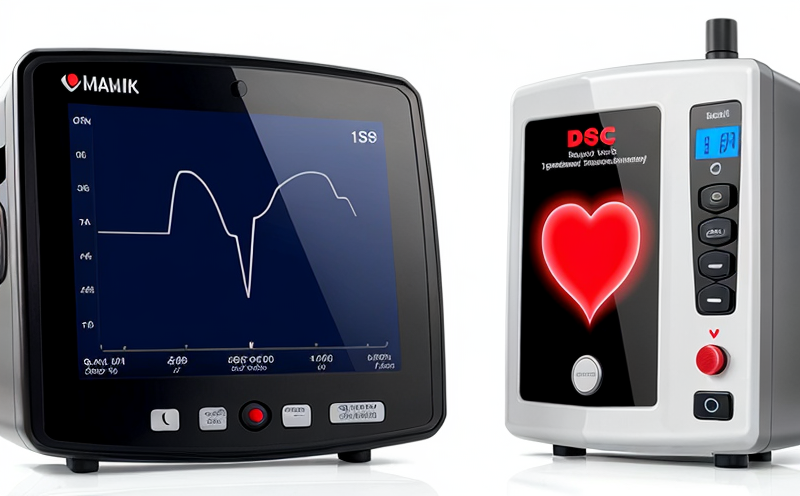ASTM F2068 Cardiovascular Implant Durability Testing
The ASTM F2068 test method is a critical standard used in the medical device industry to evaluate the durability of cardiovascular implants. This testing protocol simulates real-world conditions that may be encountered by these devices during their intended use, providing valuable insights into potential failure modes and life expectancy.
Cardiac and cardiovascular devices are subject to numerous stresses that can significantly impact their performance over time. These stresses include mechanical loading from blood flow dynamics, physiological variations in patient health, and environmental factors like temperature fluctuations or exposure to cleaning agents during sterilization processes. ASTM F2068 helps ensure these implants meet rigorous durability requirements by replicating these stressors under controlled laboratory conditions.
The test procedure involves subjecting a cardiovascular implant sample to cyclic loading forces that mimic the pulsatile nature of blood flow through arteries or veins. The device is subjected to varying levels of strain, pressure, and temperature cycles designed to simulate typical usage scenarios. Specimen preparation typically includes cleaning and sterilization according to FDA regulations prior to testing.
Instrumentation used for this test can vary but often includes specialized loading frames capable of applying precise cyclic loads along with environmental chambers that maintain consistent temperature conditions throughout the duration of the test run. Data acquisition systems are employed to monitor critical parameters such as stress-strain relationships, fatigue life metrics, and any signs of damage or wear.
The ASTM F2068 standard specifies detailed acceptance criteria which determine whether a cardiovascular implant passes or fails based on predefined thresholds for allowable deviations from expected performance characteristics. Compliance with these standards is essential for manufacturers seeking regulatory approval in both domestic markets (like the United States) and international jurisdictions that recognize this testing protocol.
Failure modes identified during ASTM F2068 testing can provide crucial information regarding potential weaknesses within the design or manufacturing process of a cardiovascular implant. By identifying these issues early on, manufacturers can make necessary adjustments to improve product quality and reliability before entering clinical trials or commercial release stages.
This testing method plays an integral role in ensuring patient safety by preventing substandard products from reaching marketplaces where they could pose risks to public health. Through rigorous evaluation of cardiovascular implants through ASTM F2068, laboratories contribute significantly towards maintaining high standards within the medical device industry.
Benefits
The implementation of ASTM F2068 testing offers several key advantages for manufacturers and regulatory bodies alike:
- Enhanced Product Quality: By subjecting cardiovascular implants to realistic stress conditions, this test helps identify any latent defects or design flaws early in the development process.
- Informed Decision Making: The results of ASTM F2068 provide valuable data that aids manufacturers in making informed decisions about product improvements and optimizations.
- Regulatory Compliance: Adherence to this standard ensures compliance with international standards, facilitating easier market access across different regions.
- Patient Safety: By reducing the risk of failures due to inadequate durability, ASTM F2068 contributes directly to enhancing patient safety and well-being.
Why Choose This Test
Selecting ASTM F2068 for cardiovascular implant durability testing is advantageous because it:
- Provides a standardized approach that ensures consistent results across different laboratories.
- Offers detailed acceptance criteria that clearly define what constitutes an acceptable or failed test result.
- Supports the design and development process by providing early feedback on potential issues with new product designs.
- Promotes transparency in the testing process, allowing stakeholders to have confidence in the reliability of the results.
Environmental and Sustainability Contributions
The ASTM F2068 test method not only enhances product quality but also contributes positively to environmental sustainability efforts:
- Reduces Waste: By identifying potential failure points early, manufacturers can reduce the amount of waste generated from non-functional products.
- Eco-Friendly Design: The insights gained from ASTM F2068 help designers create more sustainable cardiovascular implants that have longer lifespans and require fewer replacements.
- Energy Efficiency: Durability testing ensures devices are optimized for energy efficiency, leading to lower overall healthcare costs and reduced environmental impact.





